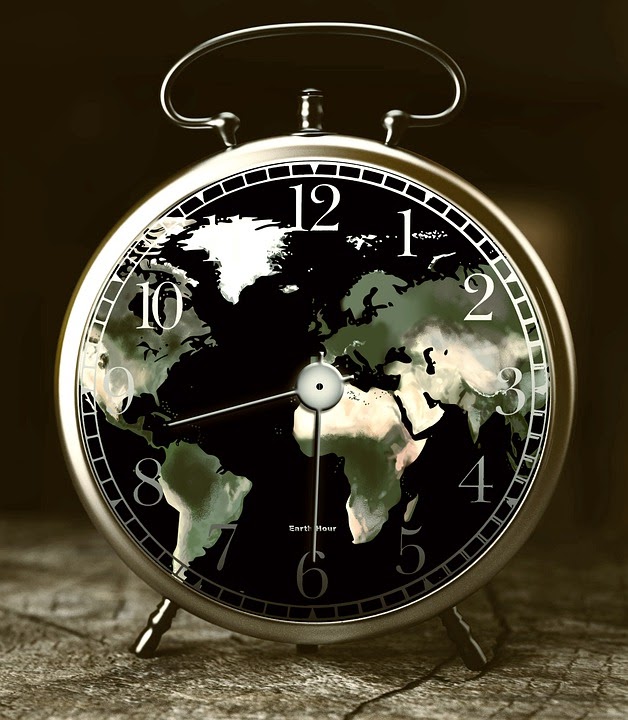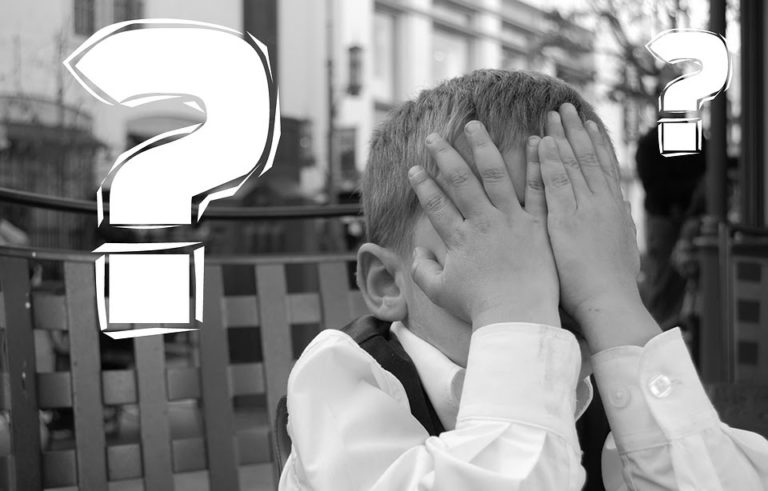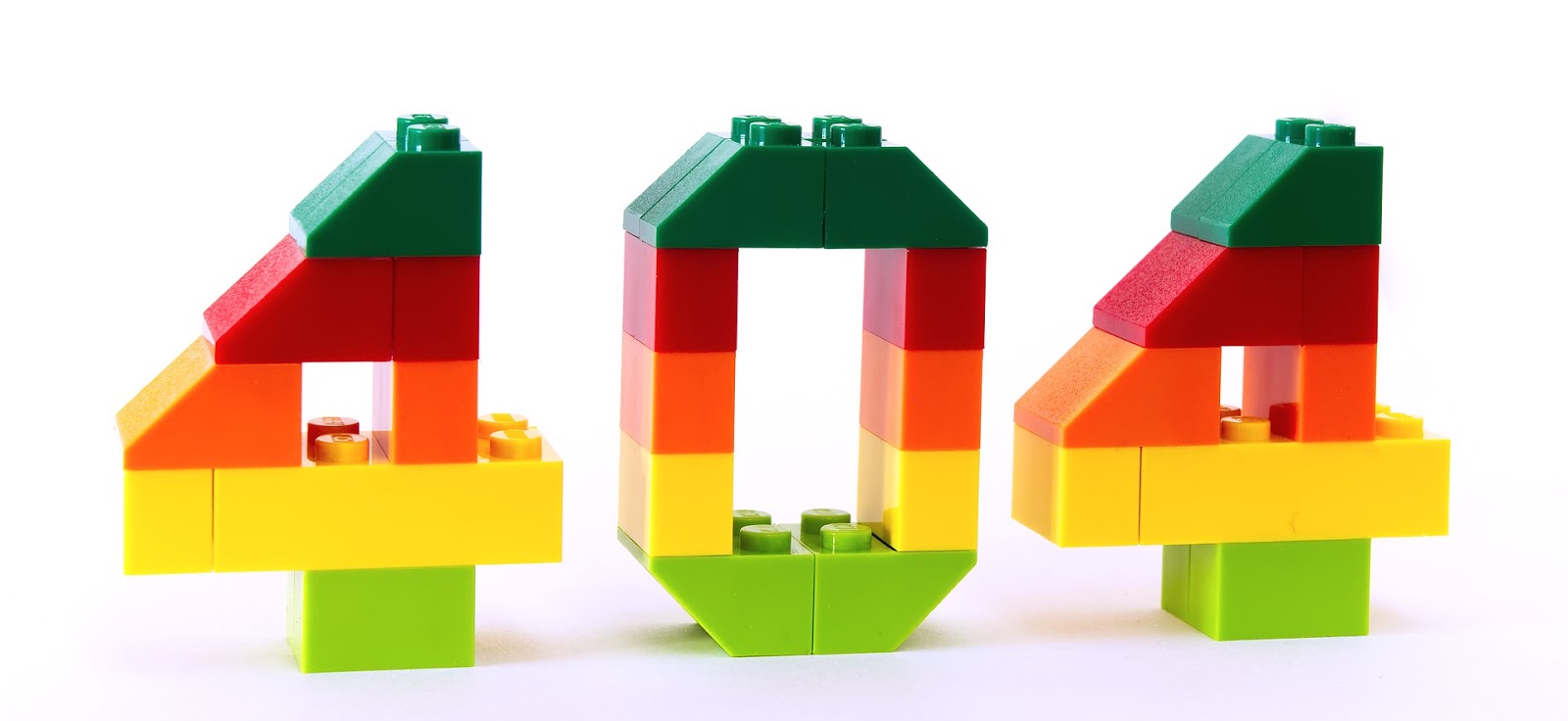“…it is well known that a vital ingredient of success is not knowing that what you’re attempting can’t be done.” ― Terry Pratchett, Equal Rites
A second world war, a second gulf war. Another outbreak of an infectious disease, an environmental crisis that scientists warn about since decades. Black Lives Matter does not only exist since last week and it is by far not the first movement against racism … it does not seem as if humans are capable of learning from mistakes. Or are we? Why are problems approached again, if people have failed before in solving them? And why is it important to make mistakes?
Learning from mistakes
A reason why people continue making mistakes is because we do not like to be wrong. In many cultures, for example in the USA, errors are avoided if possible. In everyday life, we have an internal sense of being right. This does become a dangerous problem, as an individual and a collective.
One reason why we insist on being right is because we might not realise when we are wrong. And another one is that when we realise it, we do not like the feeling of it. Culturally, we have learned dogmas about that successful means not to make mistakes. We learn that the one who does many mistakes is clumsy, lazy, does not work or study hard enough. We deal with this by becoming “perfect” and we are afraid of being wrong because it means in this situation that something is wrong with us, so we insist on being right. One example is Donald Trump: more than other politicians he always claims to be right.
However, being wrong is not a defect but it is something natural and fundamental to us. As humans, we are curious and ambitious and want to find out the truth and how things work. This is what drives us to produce things, to be creative, and it also includes failing from time to time. But insisting of being right can keep us from preventing mistakes.
However, when we realise and admit that we are wrong, we can learn from it. Learning from the aftermath of WWI, when Germans wanted revenge for the punishments they had received, the international community integrated Germany after WWII into the European society and included to build the European Union.
Acknowledging mistakes is an important step towards growth. How often was it said that we need to learn from the examples of 1945? What will the EU learn from the causes of Brexit? We explore mistakes and think about different solutions. It is important to make errors and study them, then we will also lose the fear of failure and embrace it instead. Productive failures enhance the learning eventually and if things do not work out, we come up with another idea. The more certain we were of a wrong answer, the more we remember when being corrected. This is probably because the surprise is bigger and we give more attention to the new information.

“Only a fool learns from his own mistakes. The wise man learns from the mistakes of others.” ― Otto von Bismarck
Mistakes happen to individuals as much as in politics. Take the COP15 of the UN Framework Convention on Climate Change in Copenhagen 2009. Its results back then did not meet up with the expectations, and many tried to explain the failure. Years later, the Paris Agreement was signed and it can be argued that future negotiations have learned from the mistakes made in Copenhagen. Thin and thick learning has been taking place, means adjusting strategic decisions as well as expectations. Especially in international politics, failures are analysed to avoid future mistakes and blame.
From mistakes we learn and by learning we find new tools for another try. That is not to say that everyone will and it is not a promise for that the second try will work out. Or the third or the fourth. Bernie Sanders could tell you about that. Therefore, while it might seem like people do not learn from mistakes and do the same attempts over and over again like Sisyphos, they might actually have made adjustments with every new try.
Just as individuals, politics and foreign affairs, too, develop and change through the processes of making mistakes and learning.
Forget to learn
A part of learning is forgetting. It is a normal process and “necessary part of memory”. Contemporary research is increasingly treating learning, remembering, and forgetting as one process. Forgetting is not that information are actually lost from our memory, but it is not possible for us to access the information and remember it.

We are making memories all the time, intentionally or automatically. When we form a memory, the hypothalamus comes into play. It is one of many parts of the brain that is responsible for memories. It is critical for making the connections. The information that get to our brain through sensory systems (visual, audio etc.) are connected in the hypothalamus and synapses become stronger. A memory is created. The way we learn or experience things, how often we repeat and later actually make use of them, impacts of how safe the information is stored: in the immediate, the short-term, or the long-term memory.
Since this happens constantly, our brains would get literally filled up and overloaded one day. That is where forgetting comes in. After some time and if they are not “used”, the synapses go back to their former, lower level of strength. Information is captured and then the brain has some time to figure out what is worth keeping and what is not. The information that is considered boring or unimportant fades away to clear the mind for new information to be taken in.
The inference theory is a widely accepted explanation for why we forget: memories are interfering with one another. New information interferes with old memories, or previously learned information hinders forming new memories. The “forgetting curve” describes the relationship of forgetting to time. Most information is lost quickly, but if it is stored in the long-term memory, it is quite stable. Information that seems forgotten can be recalled or recognised when the memory is triggered.
What does the discussion of forgetting mean on the grand scale? Humanity needs forgetting to some extent to evolve, I would argue. Sometimes we might need to forget that someone has failed. If we forget it, or the severity of the consequences, then someone will try it again and at some point might succeed. This counts for fighting against social inequalities as much as for fighting a climate crisis.
History is the memory of humanity, as Golo Mann said. But knowing about history does not ensure that the same mistakes are not repeated. This memory might also forget certain things. Therefore, history can repeat itself. And earlier or later, problems are tried again after failure which is necessary to progress and arrive at something new.
by Nina Kolarzik
Photo Credits
Error 404, Aitoff, no attribution required
Earth hour, sumanley, no attribution required
Child, Tumisu, no attribution required










